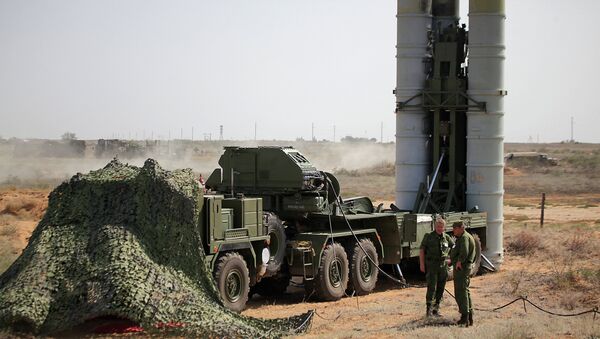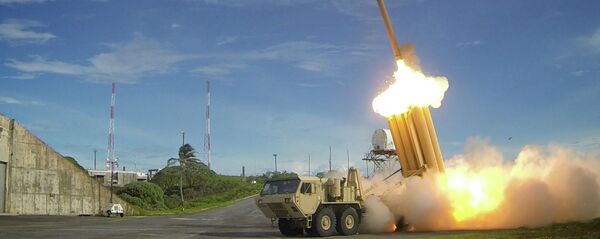The main theme of the forum was the deployment of THAAD missile defenses in South Korea.
Earlier in July, South Korea and the United States announced they agreed to deploy the system in the South Korean Seongju to counter North Korea's missile threat.
Unilateral buildup of missile defense systems could harm stability in the world, while one country cannot ensure its own safety at the expense of other states, the SCO states said in the final declaration of the organization’s summit in Tashkent which took place in late-June.
"Talking about a SCO missile defense system, not all the countries can do that, except for Russia and China," Valdimir Evseyev, senior analyst at the Institute of CIS Countries, said.
His opinion was shared by Vladimir Petrovskiy from the Institute for Far Eastern Studies, the Russian Academy of Sciences.
"Russia and China could be the driving force for such an initiative. Special attention should be paid to ground-based intercepting systems we have in service," he said.
He also noted that recently the US, South Korea and Japan conducted drills with use of the Aegis missile defense system. According to him, Russia and China could respond to the move with a joint exercise at the Ashuluk training range in Russia’s Astrakhan Region.
Russia and China has already gained joint experience in missile defense training. For example, in May, Russia and China conducted the first computerized missile defense drills.
The main goal of the Aerospace Security 2016 exercise was to practice joint air defense and missile defense actions against "occasional and provocative missile attacks."


